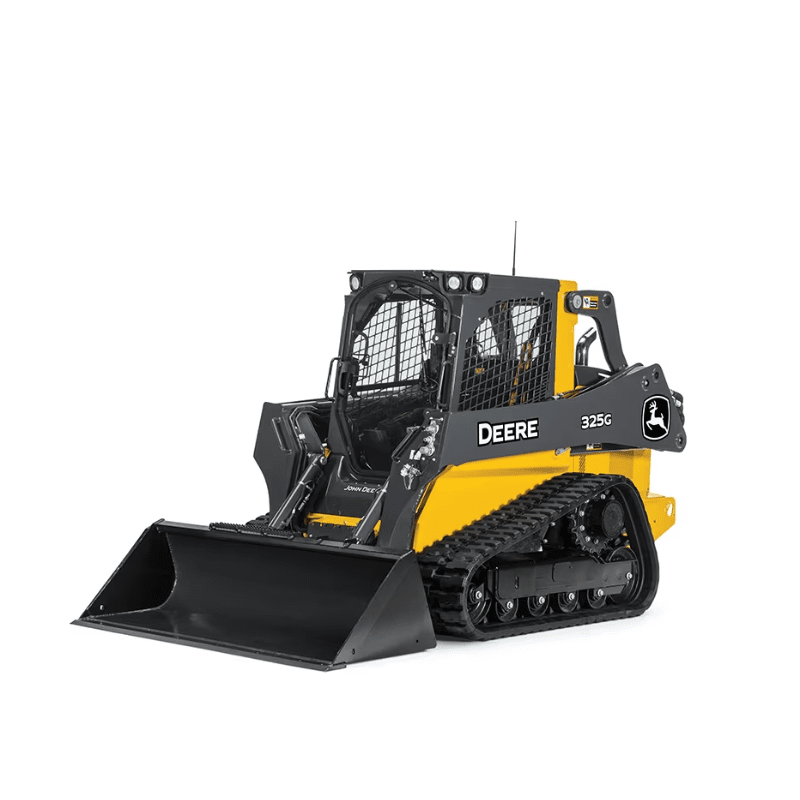Forklift Rental: Heavy Lifting Equipment for Warehousing and A lot more
Maximize Your Budget Plan by Understanding the Costs Related To Construction Devices Leasings
Understanding the complete extent of expenses connected with building and construction tools rentals is critical for optimizing your budget plan. What techniques can be utilized to properly manage these prices and guarantee an extra efficient rental experience?
Introduction of Rental Costs
When considering building and construction equipment leasings, understanding the associated prices is paramount for reliable budgeting and job planning. Rental expenses can vary significantly based on a number of factors, including equipment kind, period of leasing, and location. The initial rental fee usually shows the tools's market demand and its associated functional capacities, affecting the total expense.
In enhancement to the base rental price, supplementary prices may occur, such as transport charges, fuel surcharges, and maintenance charges. It is vital to represent these additional expenses to precisely examine the complete cost of renting equipment. Moreover, the rental duration can influence rates; longer services might receive discounted prices, while temporary leasings may incur higher daily charges.

Breakdown of Rental Rates
A comprehensive understanding of rental prices is crucial for contractors and project supervisors aiming to enhance their budget plans. Rental rates for construction devices generally include numerous elements, including base rates, time-based fees, and usage costs.
Base prices are the core charges associated with the leasing of the equipment, usually identified by the type and size of the machinery. These prices can differ significantly, influenced by elements such as devices need, availability, and regional market trends. Time-based costs, which may be daily, weekly, or monthly, offer to fit different project timelines and rental periods.
Furthermore, rental prices may include use costs, which apply when tools is made use of past a specified threshold, making sure that the rental firm can represent wear and tear. Seasonal need variations can also impact rental rates, with peak construction periods commonly regulating higher costs.
Furthermore, comprehending the rental business's plans regarding maintenance and insurance policy can supply additional insight into the overall price framework. By assessing these components, service providers can make educated decisions, making sure the selection of rental devices lines up with both project needs and budget restrictions.
Additional Costs to Think About
Recognizing the ins and outs of extra costs is vital for contractors to handle their general rental costs efficiently. Beyond the conventional rental rates, numerous extra costs can substantially affect the total expense of equipment rental. These costs typically include delivery and pickup fees, which can differ based on distance and logistics entailed in transporting the devices to and from the task site.
Additionally, some rental companies may enforce gas surcharges if the devices is returned with less fuel than when rented. It is likewise crucial to understand potential cleansing fees, especially for customized devices that requires extensive upkeep after usage.

Completely examining the rental contract and clearing up these added charges upfront can aid specialists stay clear of unexpected prices and guarantee that budgets remain intact throughout the job lifecycle.
Repair And Maintenance Expenditures
Regular maintenance and repair work costs are commonly overlooked aspects that can considerably affect the total cost of building and construction equipment rentals. When renting devices, it is essential to consider not just the rental fees but additionally the anonymous possible expenses visit homepage related to maintaining the machinery in ideal operating condition.
Numerous rental business include basic maintenance as part of the rental contract; nonetheless, much more substantial repair services or unexpected malfunctions can result in extra expenses. It's vital to review the rental contract thoroughly to recognize what maintenance solutions are covered and what responsibilities drop on the renter.
Furthermore, tools that is not well-maintained can cause inadequacies on the task site, possibly increasing and triggering hold-ups project expenses. To alleviate these dangers, it is recommended to perform normal evaluations and keep open communication with the rental copyright regarding any type of concerns that occur throughout usage.
Insurance and Obligation Prices
Insurance and obligation expenses are essential parts that can dramatically influence the general expense of building devices services (boom lift rental). These costs make certain that both the rental company and the customer are secured from prospective monetary losses arising from mishaps, damages, or burglary throughout the rental period

In addition, clients ought to recognize any deductibles or exemptions in the insurance coverage plan, as these can influence prospective out-of-pocket expenditures. Understanding the terms of any type of insurance policy coverage is essential to avoid unforeseen costs. Inevitably, budgeting for insurance policy and obligation expenses can aid ensure a smoother rental experience and safeguard versus financial risks related to construction tasks.
Conclusion
In final thought, a comprehensive understanding of the costs associated with building devices leasings is important for reliable budget administration. By evaluating rental prices, added charges, upkeep expenditures, and insurance coverage requirements, individuals and companies can decrease unforeseen expenditures. This critical approach not only improves cost-effectiveness yet also makes sure that projects advance efficiently and efficiently. Ultimately, notified decision-making concerning tools my review here leasings contributes to the total success of building endeavors.
Rental prices can differ significantly based on a number of aspects, including equipment type, period of service, and place (dozer rental). The rental duration can affect rates; longer services may certify for reduced prices, while short-term rentals may incur higher daily costs
By conducting comprehensive research and involving with respectable rental companies, specialists can successfully navigate the complexities of rental rates, inevitably maximizing their monetary sources.
Beyond the basic rental rates, various additional fees can dramatically influence the total expense of devices leasing. Rental companies frequently offer liability insurance coverage that covers injuries to third parties or damages to residential or commercial property, while devices damages insurance coverage can cover the expense of repair services or replacement if the rented tools is harmed.